Oslo, Dec 12, (V7N) – This year's Nobel Peace Prize has been awarded to Nihon Hidankyo, a Japanese organization representing atomic bomb survivors, or hibakusha, for its tireless advocacy against nuclear weapons. The prize ceremony, held at Oslo City Hall, coincides with the 80th anniversary of the Hiroshima and Nagasaki bombings, the only use of nuclear weapons in warfare.
Three co-chairs of Nihon Hidankyo, including 92-year-old survivor Terumi Tanaka, accepted the prestigious honor. Tanaka, who was 13 when the Nagasaki bomb killed five members of his family, emphasized the existential threat posed by nuclear arms.
"Nuclear weapons and humanity cannot co-exist," Tanaka stated at a press conference ahead of the ceremony. "Humanity may come to its end even before climate change brings its devastating impacts."
A Legacy of Advocacy
Nihon Hidankyo has long worked to eliminate nuclear weapons, sharing firsthand accounts of the devastation caused by the Hiroshima and Nagasaki bombings. These attacks killed approximately 214,000 people and left survivors grappling with radiation sickness, cancer, and other long-term effects.
The group’s activism aims to uphold the international taboo on nuclear weapon use, a principle increasingly threatened in recent years.
Renewed Nuclear Threats
Global tensions, particularly surrounding Russia’s invasion of Ukraine, have reignited concerns about nuclear warfare. Russian President Vladimir Putin has made veiled threats regarding nuclear arms since 2022 and recently lowered the threshold for their use.
In November, Russia fired its new Oreshnik hypersonic missile, capable of carrying a nuclear warhead, during an attack on Dnipro, Ukraine, though it was conventionally armed.
The Nobel Committee chair, Jørgen Watne Frydnes, condemned such threats, calling for the global community to reaffirm the nuclear taboo. "To threaten with them is one way of reducing the significance of the taboo, and it should not be done," Frydnes said.
Global Nuclear Landscape
Currently, nine nations possess nuclear arsenals: the United States, Russia, China, France, Britain, India, Pakistan, North Korea, and, unofficially, Israel. Meanwhile, countries like Iran and North Korea pose additional proliferation concerns.
In 2017, the UN adopted the Treaty on the Prohibition of Nuclear Weapons (TPNW), marking a significant symbolic step. However, none of the nuclear powers have signed the treaty, limiting its practical impact.
A Call for Action
Nihon Hidankyo’s Nobel Peace Prize win highlights the urgent need to prevent nuclear weapons from ever being used again. The group continues to amplify the voices of survivors to ensure their harrowing experiences serve as a powerful deterrent.
"We must stigmatize these weapons as morally unacceptable," Frydnes concluded. "The world must act decisively to ensure that Hiroshima and Nagasaki remain the last chapters in the history of nuclear warfare."
END/WD/RH/



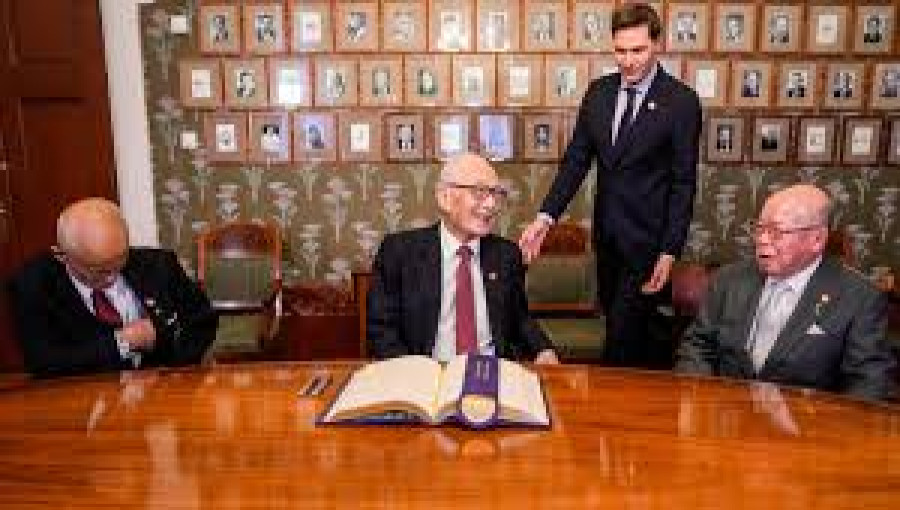
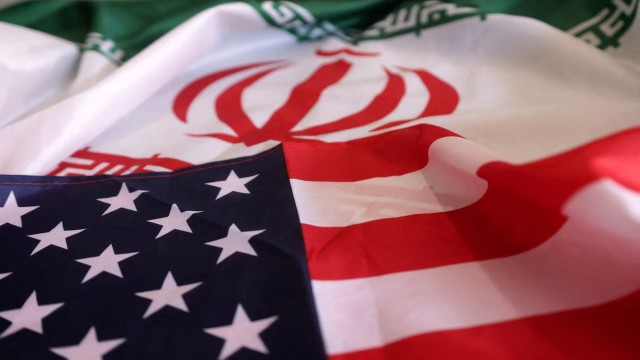
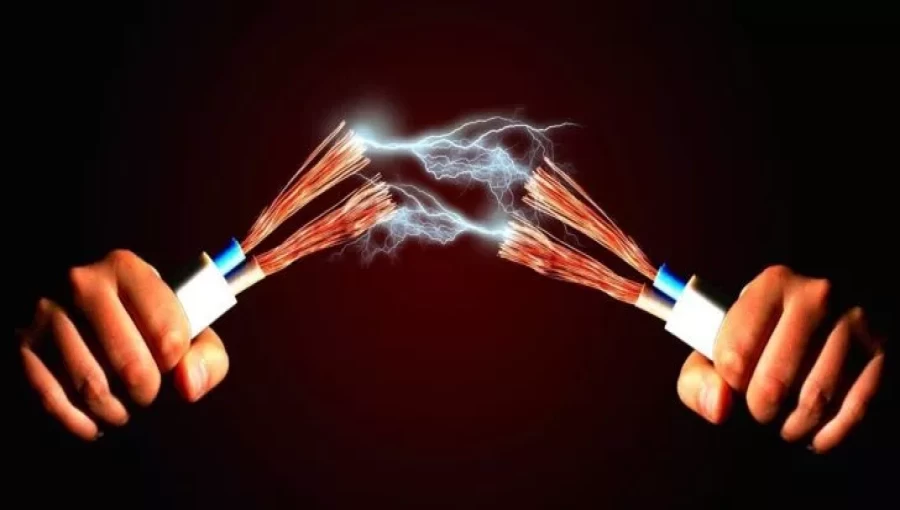
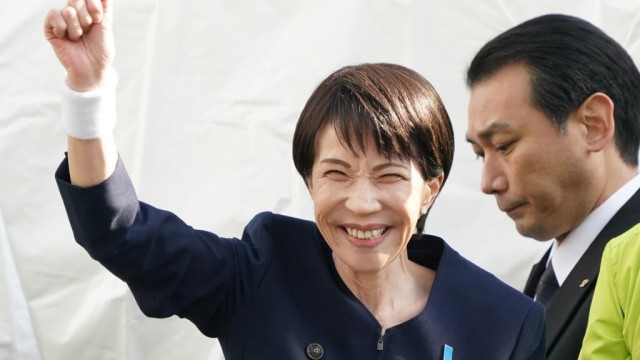
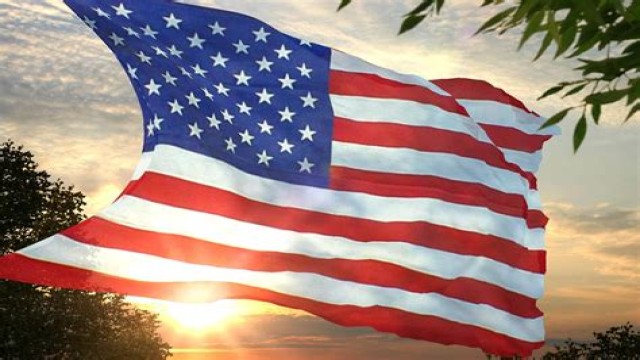

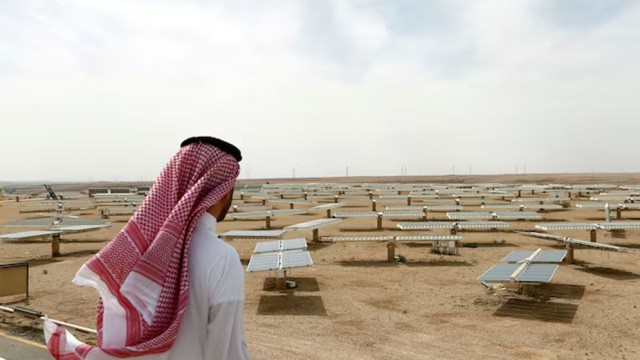



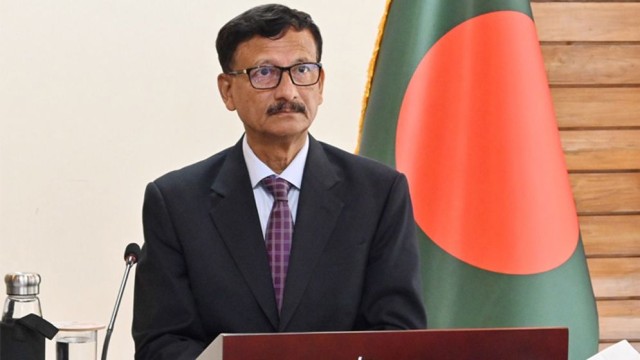
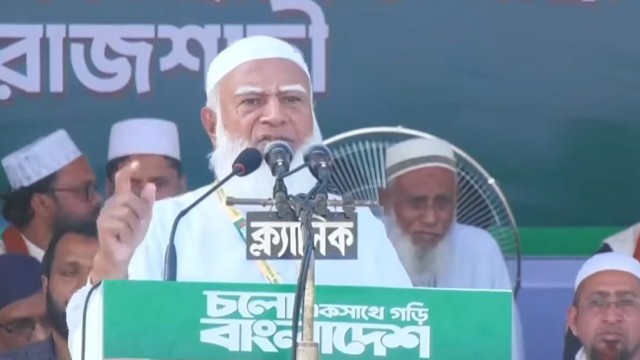
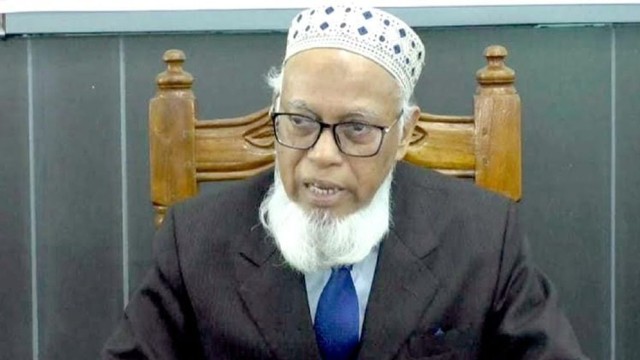
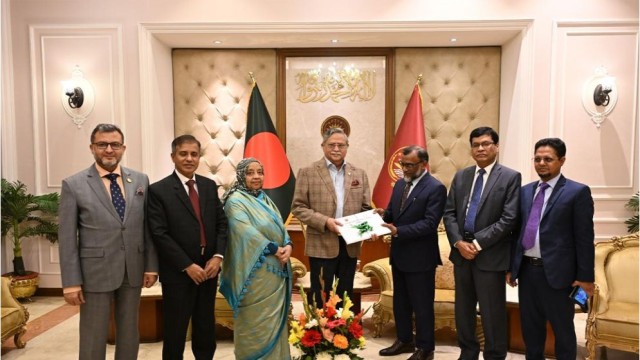

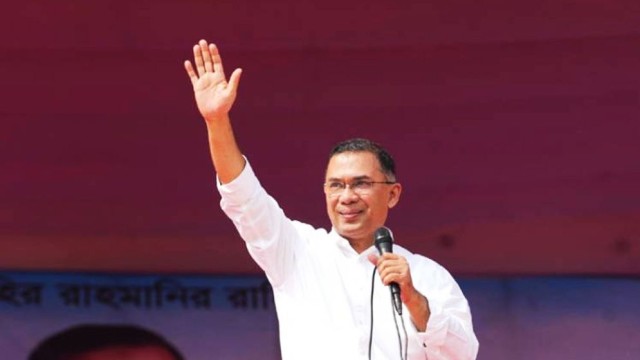
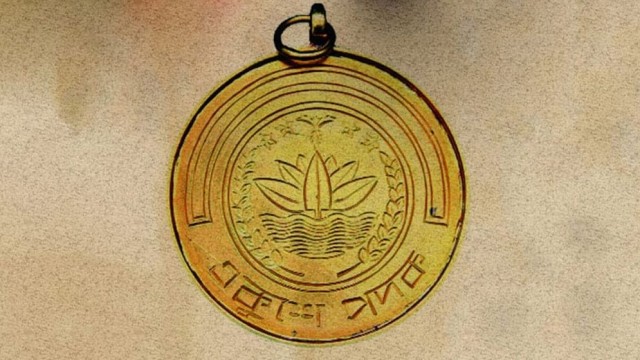











Comment: